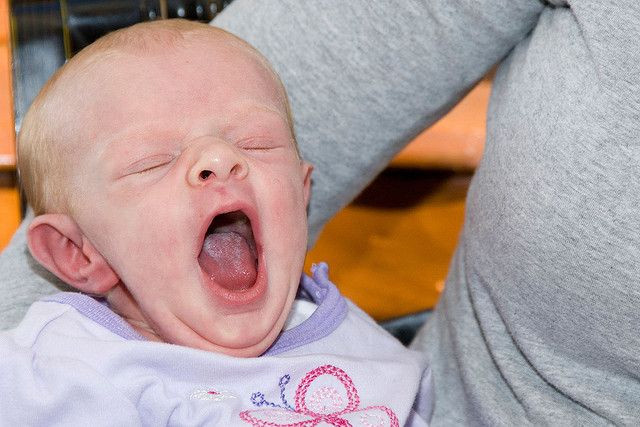How Much Sleep Do You Need? Why Sleep Deprivation Could Be A Gene Problem

Eight hours of sleep each night could be a tall task for many people, especially those for whom daily tasks eat up all but a scrap of free time at night. New research suggests biology may offer a promising way out, as fewer than six hours of sleep a night may not lead to sleep deprivation if a person’s genes aren’t so high-maintenance.
One of the great questions plaguing the 21st century, a time in which every second is accounted for, is: How much sleep do you need? Most research falls between recommending seven and eight hours, but the conventional wisdom typically leaves it up to the sleeper to determine his or her preference. If you find yourself needing nine hours to function, or only five and a half, then rework your schedule accordingly. But this ignores the role our genetics play in regulating sleep, and it’s an issue scientists would quickly like to resolve.
"This study emphasizes that our need for sleep is a biological requirement, not a personal preference," said Dr. Timothy Morgenthaler, president of the American Academy of Sleep Medicine, in a statement. Morgenthaler was not involved with the latest study, which focused on 100 pairs of twins — 59 monozygotic pairs and 41 dizygotic pairs — and tracked their nightly sleep duration for just over a week.
But the meat of the study came in the sleep deprivation analysis. For 38 hours, neither twin fell asleep, and every two hours each participated in a series of cognitive tests. Researchers also tracked how long the subjects slept during the first night of recovery. An important distinction emerged. Twins that carried a variant of the BHLHE41 gene on average slept only five hours per night. Meanwhile, the twin without the gene slept about six hours per night. The same twin also made 40 percent fewer mistakes on the cognitive tests over the 38-hour session and slept an hour and a half shorter during recovery — eight hours over nine and a half hours.
"This work provides an important second gene variant associated with sleep deprivation and for the first time shows the role of BHLHE41 in resistance to sleep deprivation in humans," said Dr. Renata Pellegrino, lead author of the study. Pellegrino works as a senior research associate in the Center for Applied Genomics at the Children's Hospital of Philadelphia.
According to the AASM, adults should receive at least seven hours of sleep each night. If not, people run the risk of insufficient sleep syndrome, in which patterned sleep deprivation results in chronic fatigue, irritability, and distractibility. Sleep also has protective benefits. In addition to feeling well rested and alert, prior research has found that a good night’s sleep aids memory consolidation and can prevent long term neurological decline.
The percentage of people who can perform daily functions with fewer than six hours of sleep is decidedly small. For most people, the recommendations hold true; seven hours is a good barometer for personal health. What the study does offer is a new scientific lens for studying the role of genes in determining personal health.
Much like caffeine acts as a third-party energy stimulant, according to Pellegrino the recently discovered mutation “was associated with resistance to the neurobehavioral effects of sleep deprivation.” Where depression, anxiety, and accidental injury may develop in normal cases of sleep deprivation, the presence of mutated genes could offer scientists like Pellegrino a chance to learn how the body regulates itself to stay healthy, especially when a scrap of free time is all that’s left.
Source: Pellegrino R, Kavakli I, Goel N, et al. A Novel BHLHE41 Variant is Associated with Short Sleep and Resistance to Sleep Deprivation in Humans. Sleep. 2014.
Published by Medicaldaily.com



























